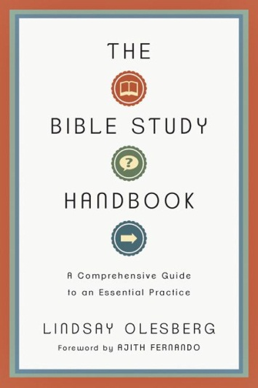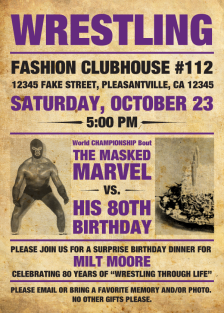Today we continue our walkthrough of Lindsay Olesberg’s fantastically practical book, “The Bible Study Handbook: A Comprehensive Guide to an Essential Practice.”
We’ve worked through her foundations and now we are taking a look at the building blocks.
Today we will look at three: Attentiveness, Curiosity, and Understanding
Attentiveness
The building block of attentiveness pulls us away from using the Bible to bolster what we already think and sends us into keen observation about what the text actually says.
It is a discipline to do it well.
Many of us read the Bible on autopilot, just reading through without taking the time to see what is there. Part of the reason I started this blog was to help myself and you readers not read the Bible this way.
If you are wanting to know how to be attentive, here are three things you can look for in any text of the Bible:
- Context: Narrative, Cultural, Historical
- Content: The facts that make up the story (Who, what, when, where, etc)
- Connections: Laws of composition such as repetition, compare/contrast, cause & effect
Spend just a little time looking for these and you might be amazed at what you find. Trust me. I do this for a living.
Curiosity
“At it’s root, curiosity is an emotion.”
We must always approach the Bible in a spirit of curiosity. This makes us teachable and willing to learn from the text.
Reality check: Curious people live better lives. Everything in life is better when you have a posture of curiosity. Jesus affirmed people when they were curious about him. Think about the disciples asking him what the parables meant or Zaccheus climbing the tree to see who Jesus was.
When you read the Bible, if you have any intellectual integrity, you will have questions. Ask them. And then be willing to learn what the answers might be.
Here are some ways to ask better questions:
- Be specific: “What’s up with this?” is not as good of a question as, “Why are these details included in the story?”
- Ask about connections: “Why does Jesus announce the Kingdom of God?” is not as good of a question as, “What is the connection between the arrival of the Kingdom of God and ‘repent and believe in the good news?'”
- Ask questions that force you to keep looking at the text.
And finally, she gives four types of questions. I know, lots of lists and bullet points. It’s ok. This is good stuff.
- Questions that help us SEE the text and envision the scene
- Questions that RELATE the text to our lives
- Questions that help us UNDERSTAND the tension points of the text
- Questions that help us UNDERSTAND the text as a whole
Understanding
I’m on a roll. Here is the seven-fold path to understanding a Biblical text:
- Identify the units of thought: Ignore the paragraphs your Bible gives you and make new ones based on where changes in the text happen.
- Define the genre: Poetry? Narrative? Personal Letter? History?
- Define words and concepts: Use a lexicon if necessary, but the immediate context of a word or phrase has more weight than what a dictionary says.
- Look up OT references and determine how the author is using them: Or if you are reading the OT, is the author referencing a previous event?
- Envision the drama: There is no contradiction between rigorous thinking and vibrant experience
- Answer the remaining questions: use whatever clues you can find in the text to answer them. Don’t refer to sermons or books.
- Identify the core message: What is the main point?
Your Bible study skills probably just went through the roof! Boom!
“. . . but satisfaction brought it back!”



